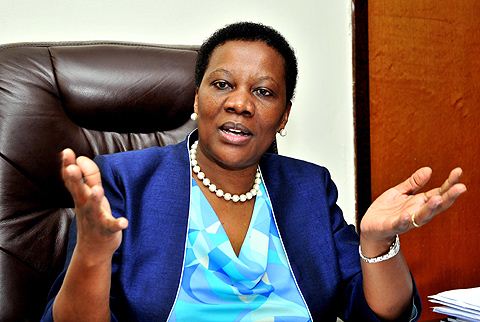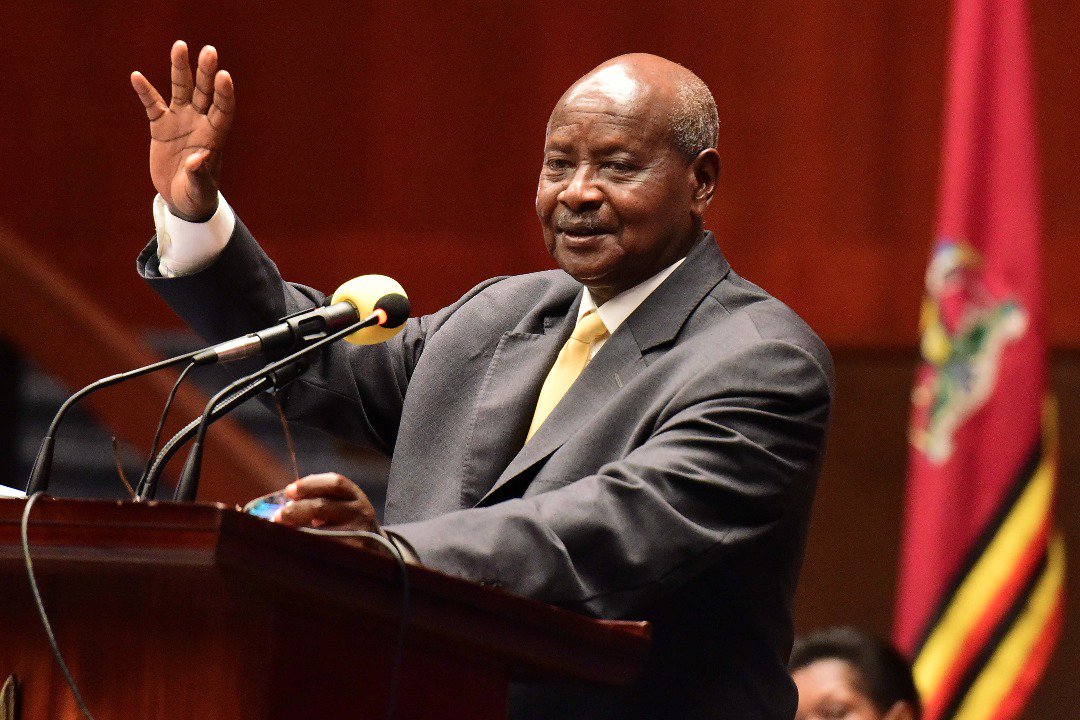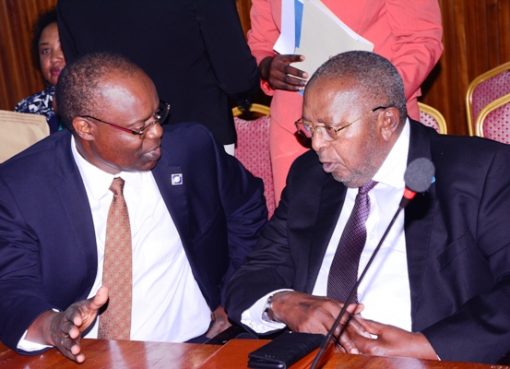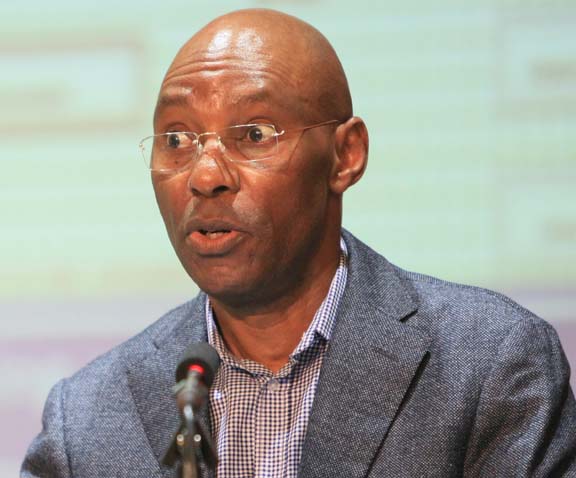Uganda is sitting on huge untapped reserves of crude oil and natural gas that the government will start commercialising once the Uganda–Tanzania Crude Oil Pipeline, and/or refinery are complete.
The East African country is also rich in minerals, which have been identified in the 2017-2018 national budget as a focus sector for growth.
Minister of Energy and Mineral Development Irene Muloni discusses the numerous opportunities for investment as Uganda works to quickly transform itself from a predominantly agrarian country into an industrialised economy
How would you describe the present moment for the energy sector in Uganda?
Uganda is going through is a period of transformation and transition: things are very busy as we work to bring electricity to the entire country in order to support and accelerate economic development and harness the potential of our natural resources, including oil and minerals. My own sector is a beehive of activity, but so are other sectors like construction as we build roads, dams and transmission lines, which are also part of the drive to harness our resources and turn Uganda into a middle-class country.
What specific initiatives have you undertaken to help you meet that goal?
We’ve created access mechanisms to ensure reliable, affordable electricity to support development and industrialisation. The president wants industrial parks throughout the country as part of the development drive, and these parks will need electricity. We are trying to tap into all the energy resources that we have, from hydro to solar to wind to biomass to nuclear, and trying to support off-grid solutions so that our people can have electricity for their basic needs and also to add value to what they produce. This helps individuals create wealth for themselves, their homes and their businesses. And, of course, this process will also create jobs for our people.
What are some of the projects in the pipeline for oil?
As for petroleum, we are trying to commercialise our resources through value addition. We are building a crude oil pipeline from Hoima in Uganda to Tanga Port in Tanzania in order to access the international market. We are also using petroleum for power generation and gas: the oil companies are preparing to generate electricity from gas for their own use, and the excess will be sold to the grid. And as part of our energy security policy, we also have some capacity for thermal generation on standby. Once the refinery is up and running, its products will include petrol, diesel, jet fuel, heavy fuel oil and kerosene that will not only service our country’s energy needs but also the needs of the entire region. So we’ll be able to save money on energy, and that will have an impact on our economy. The proceeds from our petroleum resources will be reinvested into the economy by spending on infrastructure, social services, modernizing agriculture, and improving schools and hospitals. Uganda is currently an agricultural country, and once we modernise it there will be an increase in wealth for families. This country is endowed with plenty of minerals and these belong to the people of Uganda; we want to harness these resources and attract as many investors as possible to help with that goal. I see a transformation taking place in this country.
Which minerals are abundant in Uganda?
We have many minerals in this country, both metallic and industrial, ranging from limestone, with which we are manufacturing cement for our factories, to iron ore, could be used to manufacture products for the construction industry. Right now we are spending a lot of money importing steel products even though we have the raw material here. We also have gold, and there is a private investor who has set up a state-of-the-art refinery that will attract many of the people involved in gold mining at the larger commercial level. We have copper, cobalt, zinc, nitrate – over 5 million tonnes – we have granite, phosphates and a lot more still. What we need to do is ensure that the environment for value addition is conducive. We are now reviewing the mining policy, law and regulations so that the process is conducive, smooth and streamlined.
Is there room for UK companies to come participate in this development process?
We welcome everyone. We’ve had long-term partnerships with the UK, which has the expertise, the knowledge and the resources for it. A number of UK companies are already participating in the development of our economy, and Tullow Oil, for instance, is one of our partners. As we prepare for the production of oil, we are also building the facilities and infrastructure that will support it, like an airport. UK companies have also been participating in the electricity industry. As a country, we are open to everyone and would like to remind UK investors that there are plenty of opportunities for them here in Uganda. The weather is the best in the world, and the people are educated and can easily be trained in the necessary skills. We encourage them to come participate in our transition into a middle-income economy.
You’re adding over 1,000 new megawatts (MW) to the national electricity grid. How does this electrification effort fit into national development goals?
We need to ensure that the tariff comes down. We have invested in power generation, but now we must invest in transmission and distribution so that people can access it. We have several projects underway, including electrifying the districts that have health centres, schools and other public services. We want to ensure that all sub-counties are electrified, and that electricity is delivered to all centres of economic activity. We figure that within three to five years, all sub-counties in the country will have access to electricity. We have a new policy of free connections in place because the cost of a connection to end users, especially in rural areas, is expensive. We want to make sure people pay for what they consume, so we will bear the cost of extending the electricity to their premises, and they must prepare the premises to receive electricity. This will increase access, which is currently very low, around 22 per cent. We want a competitive, affordable tariff for both people and businesses.
Uganda is leading the way in the region in renewable energy. You have already developed the 10MW Soroti Solar Power Station and there is still a huge untapped potential. What is the importance of renewables in improving Uganda’s power generation output?
We have to keep increasing power generation and we have two more plants commissioned besides the Soroti plant. We are also looking at thermal for backup. Our energy mix is very good: a lot of hydro-power, representing over 85 per cent, with a bit of thermal thrown in to keep engines running.
How would you describe the value of the Commonwealth and Uganda’s role in it, as it relates to economic development for the country?
As a member of the Commonwealth, we share very many areas of interest, partnerships, and fields of knowledge. When you put them together, everyone benefits as you can share, learn, and exchange projects in all these areas. As for me, I feel proud that we are a member of the Commonwealth because it compels you to live up to the expected standards.
Daily Telegraph





